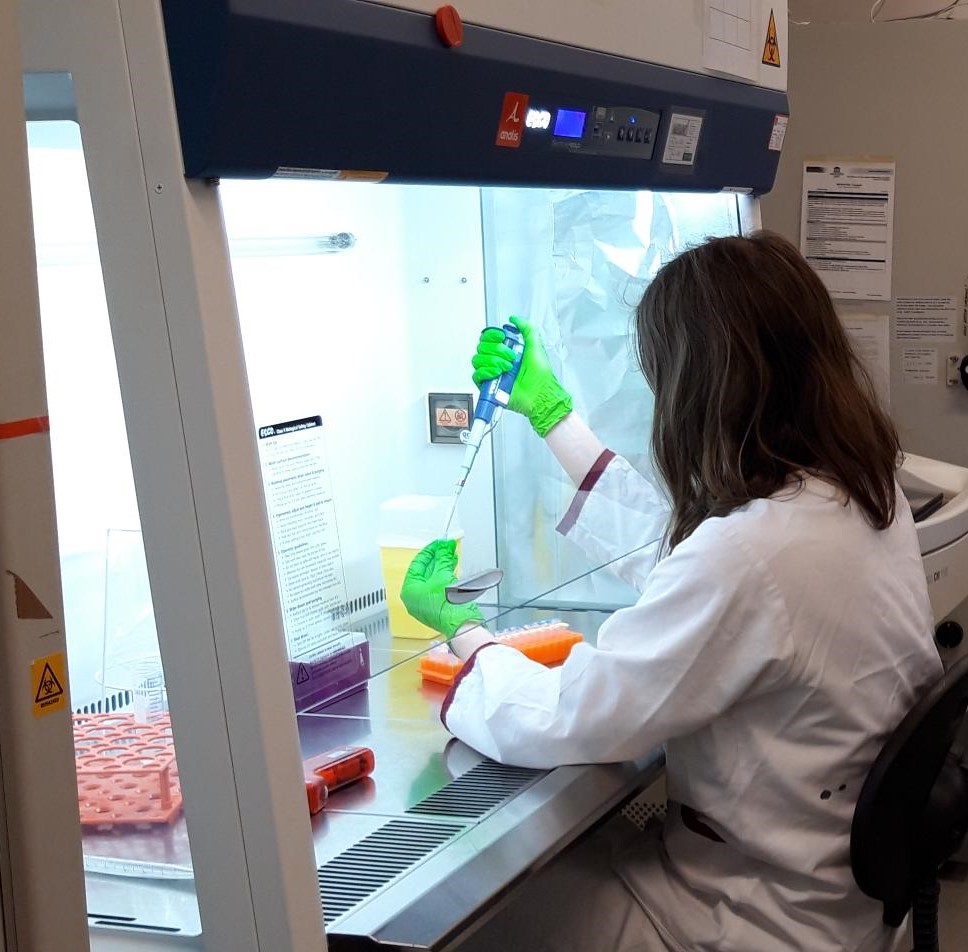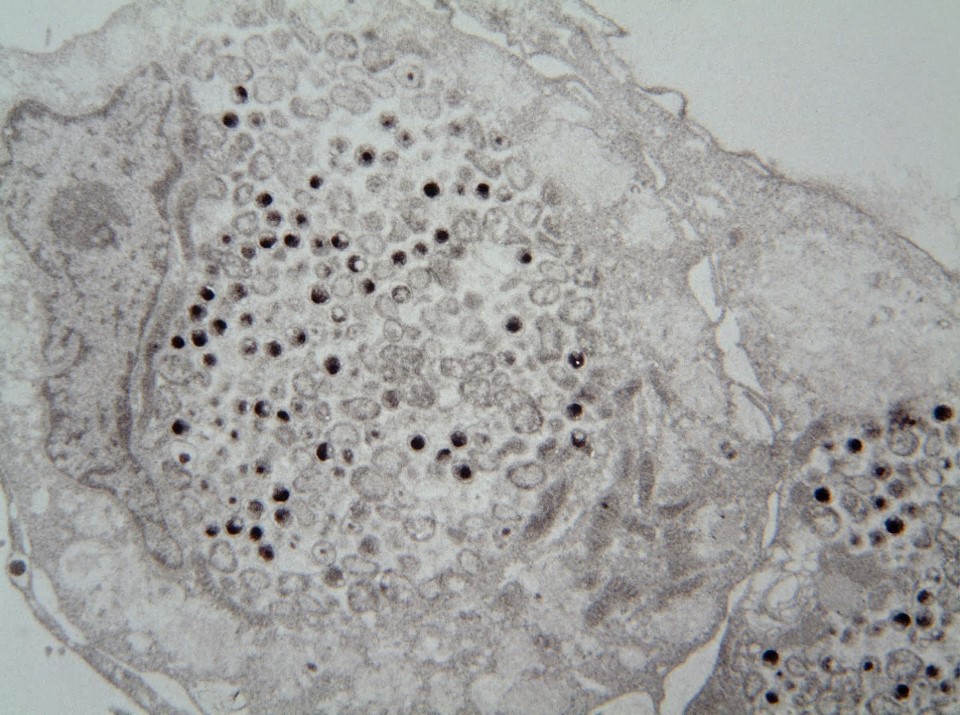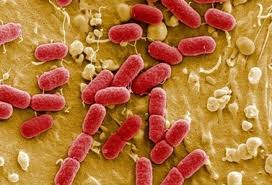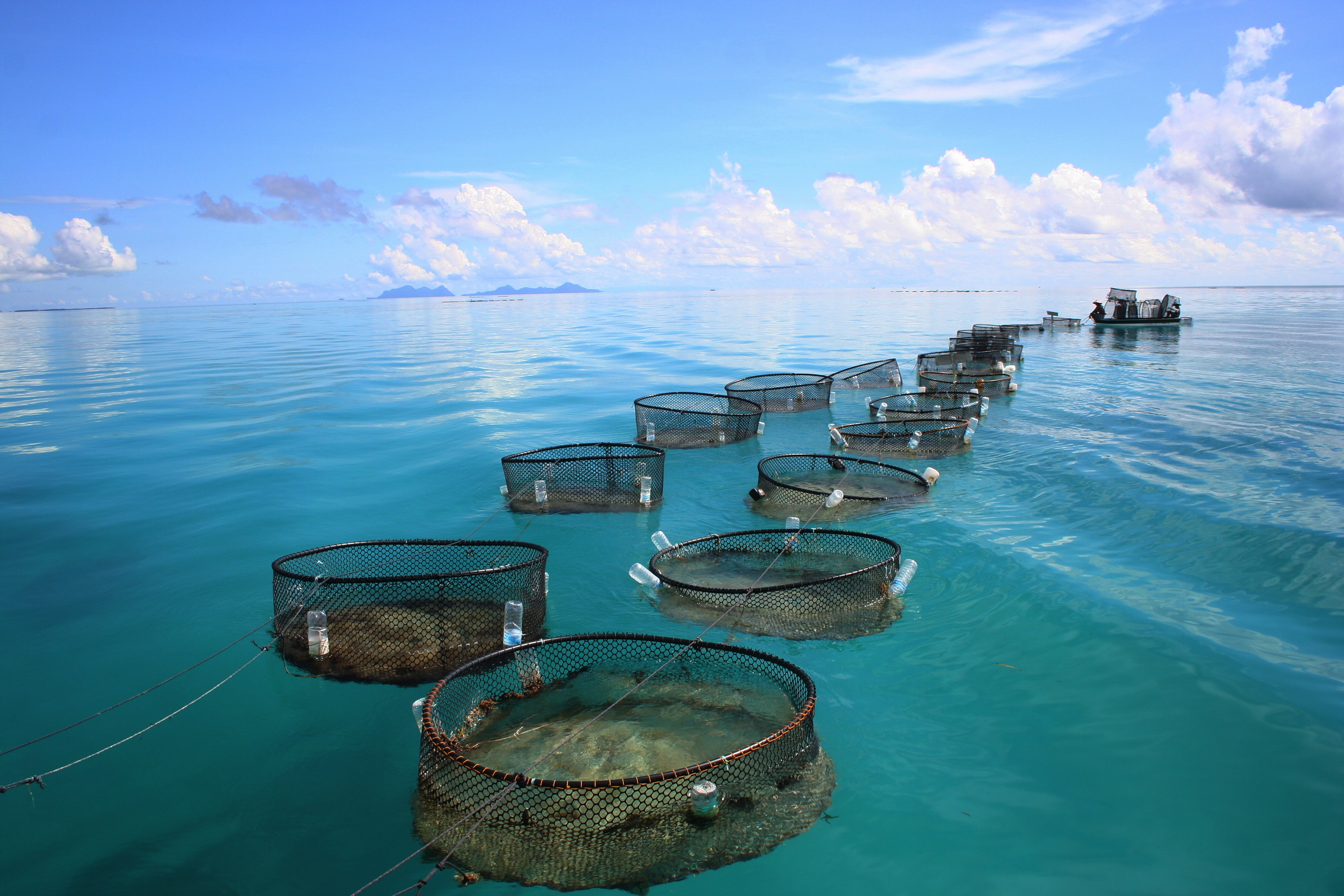
Prof. Dr. Daisy Vanrompay
Prof. Dr. Vanrompay graduated in 1990 with a Doctorate in Veterinary Medicine from Ghent University. She was appointed as a Professor of Immunology and Animal Biotechnology in 2000.
Dr. Vanrompay serves as the Director of the Laboratory of Immunology and Animal Biotechnology at Ghent University and the Director of the National Diagnostic Reference Laboratory for Chlamydia psittaci infections in humans.
Her research focuses on:
- Developing new molecular diagnostic methods for identifying bacterial pathogens in humans and animals.
- Unravelling the cellular and molecular pathogenesis of bacterial infections.
- Gaining insights into the induction of protective mucosal immunity.
Our lab
Our lab has a long history within Ghent University. As part of the Faculty of Bioscience Engineering, Department of Animal Sciences and Aquatic Ecology, our laboratory specializes in studying:
Chlamydia infections in humans and animals
Escherichia coli infections in ruminants and chickens
Vibrio spp., Aeromonas spp., and Providencia spp. infections in fish & shrimp
Both in vitro and in vivo models are employed to investigate bacterium-host interactions. These studies aim to develop innovative prophylactic tools, including virulence blockers, novel antimicrobials, probiotics and
next generation vaccines like for instance mRNA vaccines.


Chlamydia
The main purpose of our research is to study bacterium host cell interactions in order to develop innovative prophylactic tools like for instance next generation vaccines and alternatives to antibiotics.
At present, our lab is focusing on
- C. psittaci
- C. suis
- C. abortus
- C. trachomatis
Escherichia coli
Escherichia coli, or E. coli, is a type of bacteria that naturally lives in the intestines of humans and animals. Most E. coli strains are harmless and even help with digestion. However, some types can cause serious illnesses, like food poisoning leading to stomach cramps, diarrhea, vomiting and fever.
E. coli can also cause disease in animals. In cattle, pigs and poultry, it may lead to infections that affect their intestines, bloodstream, or even the lungs.
Our lab focuses on E. coli infections in birds (APEC infections) and performs research on developing a next generation vaccine and on new alternatives to antibiotics.


Aquaculture
Aquaculture is currently the fastest growing food producing sector in the world, due to the increasing demand for seafood.
The larval and juvenile phase of the aquaculture production cycle is however still affected by low and unpredictable survival, high susceptibility to infectious diseases and slow growth, all creating bottlenecks for the sustainable expansion of aquaculture.
Our lab focuses on the design of immune-
stimulative compounds, probiotics and vaccines for both fish and shrimp in order to protect them against Vibrio, Aeromonas and Providencia infections.
Collaborations
Research is a challenging world and to establish progress patience and cooperation between multiple stakeholders is needed.
Prof. Dr. Vanrompay is a proud member of:
UGent's "One Health" research consortium
PROVAXS, the UGent Center for Strategic Prophylaxis and Vaccine Development
BLUEGENT, a UGent research consortium focused on sustainable aquaculture
Throughout the years our lab has collaborated with several public institutions and private companies, often redefining the limits of our knowledge, establishing breakthroughs and setting new challenges.
If you like to start a collaboration or wish to have more information, don’t hesitate to contact us.
